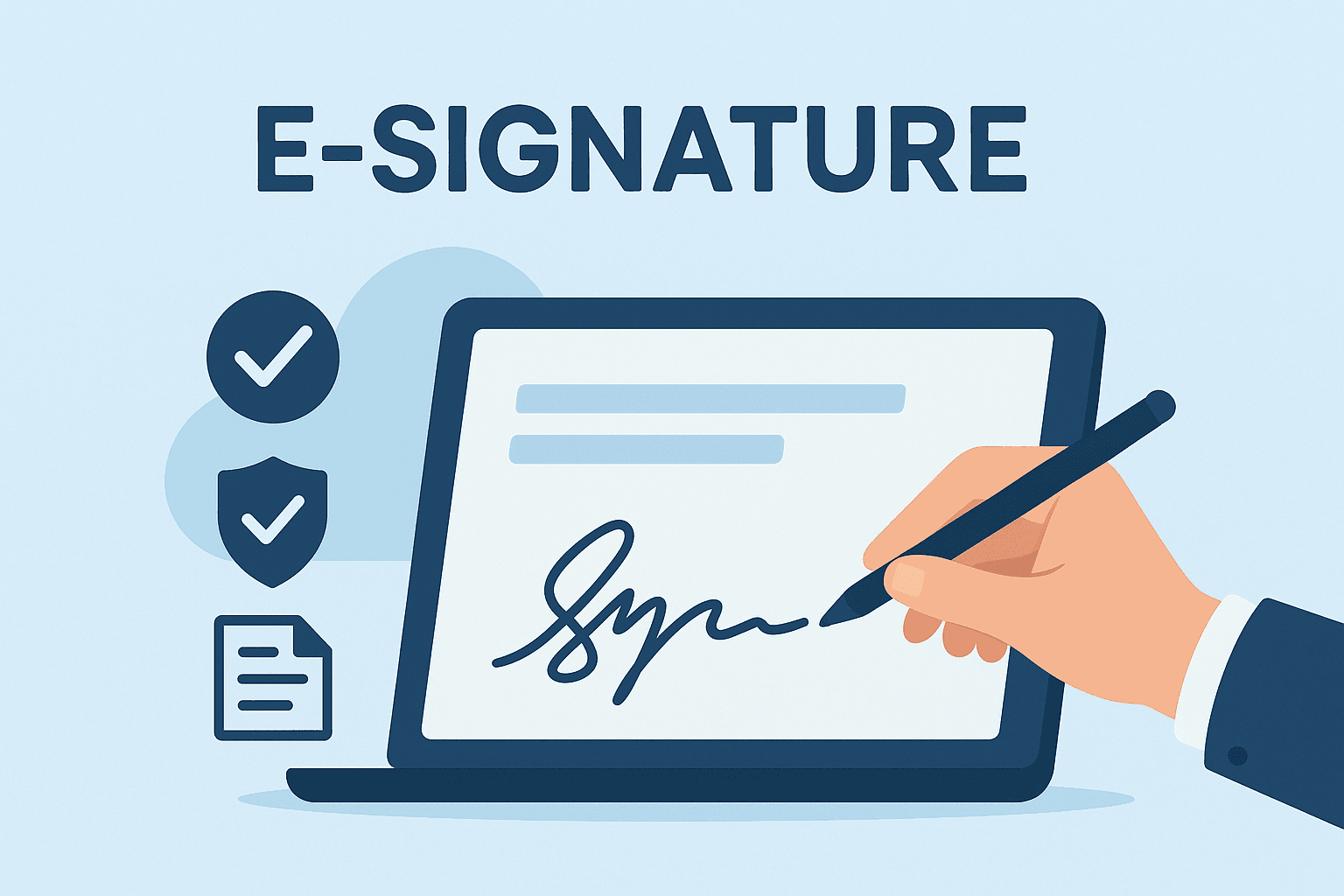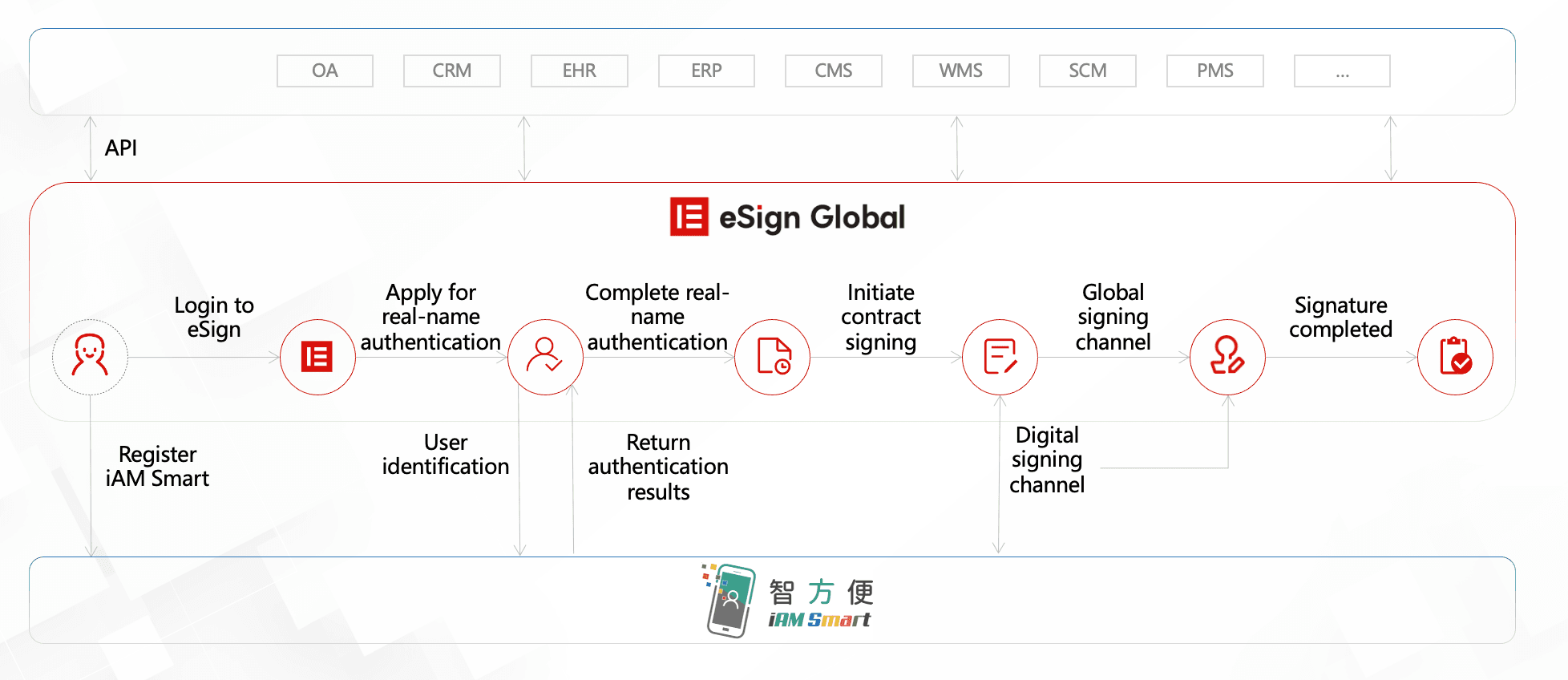why should we use digital signature





Why Should We Use Digital Signatures?
In an increasingly digital world, signing documents online has transformed from a convenience into a necessity. But not all electronic signatures are created equal. Digital signatures, a more secure and legally binding evolution of electronic signatures, offer numerous advantages in today’s fast-paced, compliance-driven environment.
In this article, we will explore the key reasons why individuals and businesses should embrace digital signatures — especially in regions like Hong Kong and Southeast Asia, where local regulations are beginning to play a more critical role in how documents are authenticated.
What is a Digital Signature?
A digital signature is a type of electronic signature that uses cryptographic techniques to ensure the authenticity and integrity of a signed document. Distinguished from a simple electronic signature (which might just be a typed name or scanned image of a handwritten signature), a digital signature provides mathematical proof of the message source and that it hasn’t been altered.
According to many data privacy laws and e-signature acts across the globe — such as Hong Kong’s Electronic Transactions Ordinance (ETO) and Singapore’s Electronic Transactions Act (ETA) — digital signatures are recognized as legally enforceable, providing the signer’s identity can be verified and the signing process can be audited.

1. Enhanced Security and Data Integrity
The number one advantage of using digital signatures lies in their robust security framework. Digital signatures use Public Key Infrastructure (PKI) to bind a signer’s identity to the signature and cover the document with a cryptographic hash. If anyone tries to modify the document post-signature, the system will immediately flag it as invalid.
This is vital for industries like finance, healthcare, and legal services, where documents such as contracts, medical records, and financial statements require rigorous protection. Furthermore, compliance with standards such as ISO 27001 and GDPR can be more easily achieved using digital signing processes.
In local contexts, regulations such as Malaysia’s Digital Signature Act 1997 recognize digital signatures as legally valid when issued by a licensed Certification Authority (CA), thus adding even more credibility to their use.
2. Time-Saving and Improved Workflow Efficiency
Digital signatures drastically cut down the time to execute business transactions. Gone are the days when documents had to be printed, signed, couriered, collected, and scanned again. With digital signatures, agreements can be signed in seconds, anywhere and anytime — whether via desktop or mobile device.
Consider HR departments processing employment contracts or procurement teams handling vendor agreements across multiple regions. Digital signatures break those geographical and logistical constraints, allowing firms to close deals and onboard services more quickly without needing physical presence.

3. Legal Validity and Regional Compliance
Perhaps one of the strongest arguments for adopting digital signatures is their standing in local legal frameworks. In Hong Kong, the ETO marks a clear differentiation between general and “secure” electronic signatures — the latter being equivalent to handwritten ones when using a digital signature with recognized technology.
In Indonesia, the UU ITE (Electronic Information and Transactions Law) enforces similar provisions for digital signatures, emphasizing the need for a certificate issued by a recognized Certificate Authority and encryption systems.
Understanding the legal enforceability of digital signatures in your region is key for international businesses. Using solutions that comply with local standards avoids future contract disputes or noncompliance issues.
4. Lower Costs and Environmental Sustainability
By eliminating the need to print, ship, and store paper documents, digital signatures dramatically reduce costs and carbon footprints. Not only do companies save on paper and postage, but they also gain storage space and reduce administrative burdens.
This paperless approach is an integral part of modern green business practices. Digital documentation minimizes waste and supports sustainability — a factor increasingly important to ESG-conscious companies and stakeholders.

5. Traceability and Non-Repudiation
Digital signatures provide strong audit trails allowing users to trace every step of the document signing process. This visibility includes when the document was viewed, signed, and by whom. Instruments like timestamps and unique digital identifiers enforce non-repudiation — meaning that a signer cannot later deny the validity of the signature.
For sensitive or high-value contracts, the ability to prove authenticity and intent behind an agreement can be the difference between a successful deal and costly litigation.
6. Seamless Integration with Business Tools
Another compelling reason to use digital signatures is how easily they integrate into existing workflows. Popular document management platforms like Microsoft Office 365, Google Workspace, and PDF editors now support digital signing functionalities. Moreover, platforms like eSignGlobal offer robust APIs for deeper system integration in industries like logistics, fintech, and law.
This means your team doesn’t need to dramatically change existing systems — just enhance them with secure signing capabilities.

7. Global Acceptance
With the world increasingly operating across borders, companies need tools that offer global compatibility. Digital signatures are already widely accepted in legal systems across North America, Europe, and Asia-Pacific.
From the United States’ ESIGN Act to the EU’s eIDAS Regulation and ASEAN’s Model E-Commerce Legal Framework, digital signatures are recognized standards in both domestic and international contracts. They ensure legitimacy across multiple jurisdictions while upholding strong security and legal backing.
Bonus: Industry-Specific Use Cases
- Healthcare: Consents, prescriptions, and confidential health records can be authorized with compliance to HIPAA (US) or PDPO (Hong Kong).
- Real Estate: Sign leasing agreements or sale deeds remotely without multiple parties meeting physically.
- Education: Digitally issue and validate certificates, transcripts, and student reports.
Conclusion
The decision to move to digital signatures is no longer just a matter of efficiency — it’s a legal and strategic necessity for modern businesses. In particular, for users located in Hong Kong and Southeast Asia, choosing a digital signature provider that understands local compliance requirements is crucial.
That’s why we recommend considering eSignGlobal — a Docusign alternative tailored for regional businesses that require security, compliance, and ease of use in line with local regulations.

From binding contracts to simple NDAs, eSignGlobal ensures seamless, secure, and legally defensible digital documentation — empowering businesses, freelancers, and enterprises to sign smarter in a rapidly digitizing world.

 Only business email allowed
Only business email allowed


